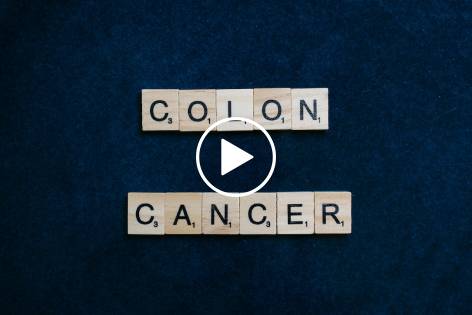
LMU 108 – Unlocking the Potential of Artemisinin: A Natural Warrior Against Cancer
Source: EBioMedicine (2015)
Lifestyle Medicine Update (October 13, 2018)
Introduction
In the quest for effective cancer treatments, nature often holds secrets waiting to be uncovered. Artemisinin, a natural compound derived from Artemisia Annua, or Chinese Wormwood, emerges as a promising contender in the battle against cancer. A groundbreaking human clinical study published in EBioMedicine in 2015 unveiled artemisinin’s remarkable anti-cancer properties, shedding light on its potential as an adjunctive measure to conventional cancer treatments.
Artemisinin’s Origins: A Plant-Powered Solution
The source of artemisinin’s power lies in the leaves of Artemisia Annua. Renowned by the World Health Organization for its effectiveness against uncomplicated cases of malaria, artemisinin transcends its anti-malarial role to display a prowess against cancer. By understanding its mechanisms and behavior, researchers are harnessing its potential to tip the scales in favor of cancer cell destruction.
The Dance of Destruction: Artemisinin’s Mode of Action
Intriguingly, artemisinin’s actions against cancer mirror its assault on malaria-infected red blood cells. Experimental and animal studies unravel a captivating narrative: artemisinin binds with iron within cancer cells, unleashing torrents of free radicals. These molecular warriors initiate a cascade of events that propel cancer cells toward their own demise—programmed cell death, or apoptosis. This orchestrated surrender spares healthy cells, which wield antioxidant defences to ward off the oxidative onslaught.
The Crucial Human Clinical Study: Artemisinin Steps into the Spotlight
The turning point arrived in 2015 with a groundbreaking human clinical study. Colorectal cancer patients on the cusp of surgery became participants in an intriguing experiment. For two weeks leading up to their surgeries, they ingested a daily supplement of artemisinin (200 mg per day), or a placebo equivalent. The results reverberated with promise: tumor samples post-surgery revealed that those who had consumed artemisinin exhibited a higher incidence of cancer cells undergoing apoptosis. Moreover, the artemisinin group showcased fewer markers indicative of metastatic tumor spread, a promising sign of curbed cancer aggression.
The Untapped Potential: Promising Findings from a Small Yet Significant Study
The study’s statistical significance extended beyond its compact size. Encompassing 20 colorectal cancer patients—9 in the artemisinin group and 11 in the placebo group—the trial’s impact resonated. Notably, the post-surgery period witnessed a stark divergence in outcomes. Over 42 months, only one out of nine artemisinin recipients experienced a cancer recurrence, contrasting with six out of eleven placebo recipients. While acknowledging the study’s limited scope, this divergence hints at the potential impact of artemisinin on preventing cancer resurgence.
Artemisinin as an Adjunctive Measure: A Beacon of Hope
For individuals navigating the labyrinth of cancer treatment, artemisinin’s promise is worthy of consideration. As an adjunctive measure, it holds the potential to complement conventional treatments. Those who find themselves in this challenging terrain can bring this research to their physicians, fostering a dialogue about the viability of integrating artemisinin into their treatment regimen.
Conclusion: Artemisinin’s Journey Towards Conquering Cancer
Artemisinin’s journey from a natural remedy for malaria to a potential cancer-fighting ally is a testament to the intricate tapestry of nature’s solutions. The EBioMedicine study resonates as a milestone that illuminates the path forward. With its demonstrated capacity to prompt cancer cell suicide and hinder metastatic spread, artemisinin offers a beacon of hope in the realm of cancer treatment. The pursuit of new horizons in medical science continues to unveil nature’s arsenal against disease.
Reference:
Krishna S, Ganapathi S, Ster IC et al. A randomized, double-blind, placebo-controlled pilot study of oral artesunate therapy for colorectal cancer. EBioMedicine 2015): 82-90
[Read the full study here] (https://www.ncbi.nlm.nih.gov/pmc/articles/PMC6102173/)
Eat Smart, Live Well, Look Great,
Dr. Meschino

Dr. James Meschino
ABOUT THE AUTHOR
Dr. James Meschino, DC, MS, ROHP, is an educator, author, and researcher having lectured to thousands of healthcare professionals across North America. He holds a Master’s Degree in Science with specialties in human nutrition and biology and is recognized as an expert in the field of nutrition, anti-aging, fitness, and wellness as well as the author of numerous books.


